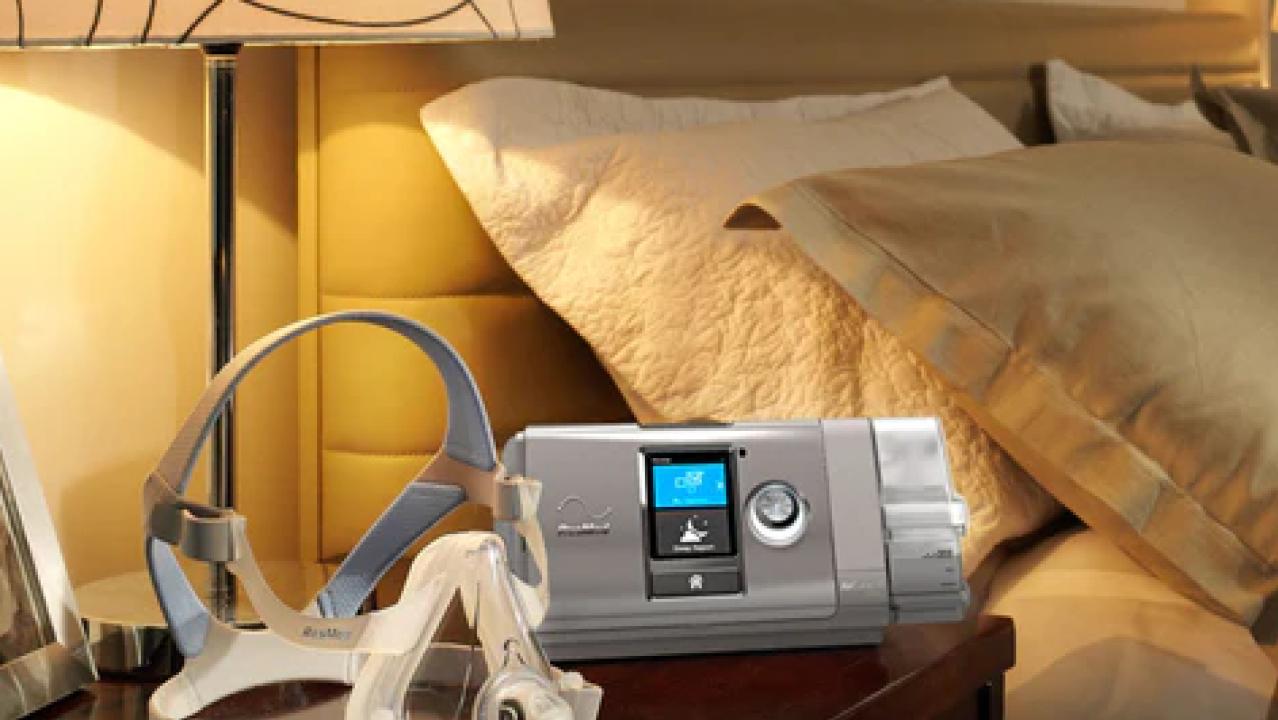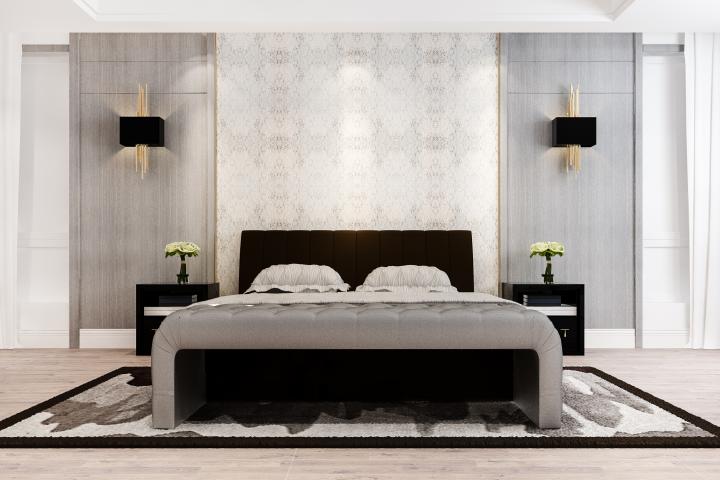In today's fast-paced world, sleep is often compromised. For
individuals suffering from sleep apnea, a condition marked by interrupted
breathing during sleep, CPAP (Continuous Positive Airway Pressure) machines are
a crucial intervention. This article delves into the importance of CPAP
machines, their features, and what to consider when purchasing one to improve
sleep quality and overall health. If you or a loved one struggles with sleep
apnea, understanding CPAP technology is the first step toward better rest.
What is a CPAP Machine?
A CPAP machine is a device designed to help individuals with
sleep apnea breathe continuously throughout the night. It works by delivering a
steady stream of air pressure through a mask, which keeps airways open and
prevents interruptions in breathing. This continuous flow of air aids in
reducing snoring and minimizing dangerous apnea events, ensuring a better
night’s sleep.
Benefits of Using CPAP Machines
For those diagnosed with sleep apnea, using a CPAP machine
can be life-changing. Here are some of the primary benefits of using CPAP machines:
- Improved
Sleep Quality: By maintaining open airways, CPAP machines help reduce
interruptions, enabling deeper and more restful sleep.
- Enhanced
Daytime Energy: A good night’s sleep leads to better concentration, energy
levels, and mood throughout the day.
- Reduced
Risk of Health Complications: Consistent use of CPAP machines can help
reduce the risk of serious health issues associated with sleep apnea, such
as high blood pressure, heart disease, and diabetes.
Types of CPAP Machines
Before purchasing a CPAP machine, it’s essential to
understand the different types available. Each type of CPAP machine serves a
unique purpose, depending on the needs and preferences of the user.
1. Standard CPAP Machines
A standard CPAP machine delivers a constant, steady airflow
at a fixed pressure, prescribed by a healthcare professional. It’s typically
the most affordable option and suitable for individuals who don’t require
variable pressure settings.
2. Auto-Adjusting CPAP Machines
Auto-adjusting CPAP machines, or APAP machines,
automatically adjust the pressure based on your breathing patterns throughout
the night. This type is ideal for individuals who experience varying levels of
apnea and benefit from changing airflow needs.
3. BiPAP Machines
Bi-level Positive Airway Pressure (BiPAP) machines provide
two pressure settings: one for inhalation and a lower pressure for exhalation.
BiPAP machines are often recommended for individuals who find it challenging to
exhale against a continuous airflow or those with additional breathing
disorders.
Features to Consider When Buying a CPAP Machine
Choosing the right CPAP machine can make a significant
difference in comfort and effectiveness. Here are essential features to look
for when selecting a CPAP machine:
1. Humidification
Dry air can lead to discomfort, nasal congestion, and even
nosebleeds. Many modern CPAP machines come with a built-in humidifier to add
moisture to the air, making it more comfortable to breathe. For people living
in dry climates or who are prone to dryness, a humidification feature is
invaluable.
2. Mask Type and Fit
The mask is a critical component of the CPAP machine setup.
A poorly fitting mask can cause air leaks, discomfort, and disrupt sleep.
Different types of masks, including nasal masks, nasal pillows, and full-face
masks, cater to varied comfort and breathing needs. Try several types to find
the one that feels best and offers a snug fit.
3. Noise Level
Noise can be a concern for many CPAP users and their
partners. Most CPAP machines today are designed to be quiet, often operating at
under 30 decibels (similar to a whisper). Quiet machines are particularly
important for light sleepers or anyone sensitive to sound.
4. Portability
If you frequently travel, a portable CPAP machine may be the
best choice. Lightweight, compact machines are easier to pack and carry, and
some models are even approved by the FAA for in-flight use. Many travel CPAP
machines come with battery options, which can be helpful for camping or during
power outages.
5. Data Tracking and Connectivity
Many modern CPAP machines come equipped with data tracking,
allowing you and your healthcare provider to monitor sleep quality and therapy
effectiveness. Some CPAP machines are compatible with apps that allow users to
track their sleep patterns, apnea events, and pressure settings. This can be
highly beneficial for ensuring compliance and making adjustments as needed.
Tips for Getting Started with a CPAP Machine
Transitioning to a CPAP machine may take some time. Here are
a few tips to help ease the adjustment process:
- Start
Gradually: Begin by wearing the mask for short periods during the day to
get comfortable.
- Practice
Relaxation Techniques: Breathing exercises and relaxation techniques can
help ease the transition and reduce any anxiety.
- Adjust
the Humidity Settings: If you experience dryness, adjusting the humidity
level can improve comfort.
- Keep
the Machine Clean: Regular cleaning of the mask, hose, and humidifier will
prevent bacteria buildup, keeping your therapy hygienic and effective.
The Importance of CPAP Furniture
When investing in a CPAP machine, consider dedicated CPAP furniture to
organize your device, accessories, and cleaning supplies efficiently. Specially
designed CPAP bedside tables or organizers offer convenience, keeping all your
essentials within reach, and can help integrate your CPAP setup more seamlessly
into your living space.
How to Maintain Your CPAP Machine
Proper maintenance is essential for ensuring that your CPAP
machine functions effectively and lasts longer. Follow these tips to keep your
machine in top condition:
- Clean
the Mask and Tubing Weekly: Use mild soap and water to wash the mask and
tubing. Allow them to dry completely before using.
- Replace
Filters Regularly: Depending on the model, the filters in your CPAP
machine may need replacing every one to three months.
- Check
for Wear and Tear: Inspect parts such as the mask cushions and headgear
for any signs of wear and replace them as necessary to maintain a secure
fit.
Final Thoughts on Choosing a CPAP Machine
Investing in a CPAP machine is a step towards better health
and sleep quality. With so many options available, it’s essential to choose a
machine that aligns with your specific needs and comfort preferences. From
portability to noise levels and humidification options, finding the right
machine can help you establish a healthy sleep routine and combat the symptoms
of sleep apnea.
A CPAP machine isn’t just a device—it’s a commitment to
better health, energy, and a restful life. By understanding the various
features, types, and benefits, you can make an informed decision that enhances
both your sleep and quality of life. Start your journey toward better rest
today by finding the CPAP machine that’s right for you.










